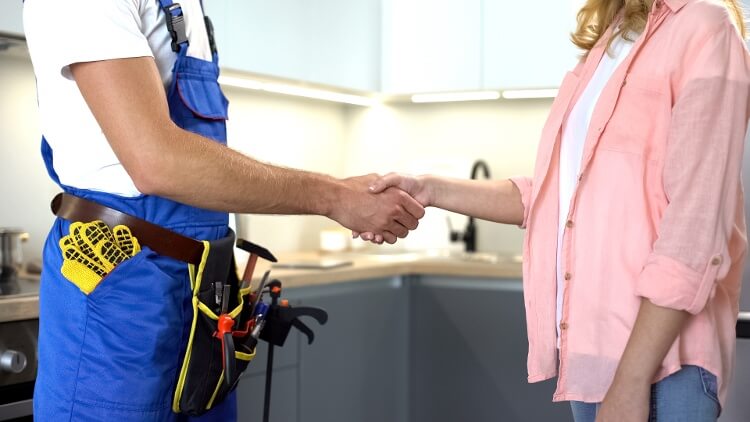Keeping your rental property in top shape is crucial for attracting and retaining good tenants, maximizing your return on investment, and avoiding costly repairs down the line. Effective property management goes beyond finding tenants and collecting rent. It’s about safeguarding your investment by ensuring your rental property remains in good condition, avoiding costly repairs and keeping your tenants happy.
Ensuring the value of your rental properties provides a positive experience for your tenants. A key element in achieving this balance is a proactive approach to maintenance. Here are some key maintenance tips for property managers:
- Schedule Regular Inspections: Don’t wait for emergencies to arise. Conduct routine inspections, ideally quarterly or bi-annually, to assess the overall condition of the property. Check for minor issues like leaky faucets, loose doorknobs, or malfunctioning light fixtures. Addressing these promptly prevents them from snowballing into bigger problems later.
- Establish a Preventative Maintenance Schedule: Certain maintenance tasks are best performed seasonally. For instance, scheduling HVAC system cleaning and filter changes before the summer heat arrives can prevent breakdowns and ensure efficient operation. Similarly, winterizing pipes and checking for roof leaks before the cold weather sets in can save you from major headaches.
- Document Everything: Thorough documentation is vital for smooth property management. Conduct a move-in inspection with your tenants, taking detailed notes and pictures of the property’s condition. Maintain a record of all maintenance requests, repairs completed, and invoices for future reference. This will help settle any disputes regarding pre-existing damage and ensure you can track maintenance costs.
- Clearly Define Tenant Responsibilities: A well-written lease agreement should clearly outline the division of responsibilities between you and your tenants when it comes to maintenance. While you, as the landlord, are generally responsible for major repairs and upkeep of the property’s systems, tenants should be responsible for everyday wear and tear, reporting any maintenance issues promptly, and taking good care of the property.
- Develop Relationships with Qualified Contractors: Building relationships with trustworthy plumbers, electricians, and other skilled professionals is essential. Having a reliable network of contractors allows you to respond to repair needs quickly and efficiently, minimizing downtime for your tenants.
By following these tips, you can establish a proactive maintenance approach for your rental properties. This not only protects your investment but also fosters positive relationships with your tenants, leading to a smoother and more profitable rental experience.


